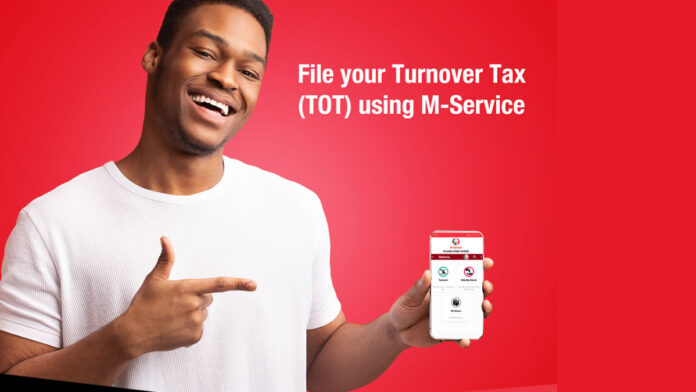The Kenya Revenue Authority (KRA) has recently identified possible under-declaration of sales by mobile telecom operators for airtime, Internet, and mobile money transactions. In response, the tax agency plans to integrate its system with these companies, some of the largest taxpayers, to gain real-time access to their transactions. It is intended to encourage firms to submit taxes daily.
According to Githii Mburu, commissioner-general of KRA, the integration of tax systems with telecom companies is the next step following a successful pilot program with betting firms. Mburu emphasized that while telcos already pay a significant amount in taxes, there is potential for even more revenue if the agency can monitor their transactions daily using technology. Mburu added that by eliminating the need for self-declarations, the KRA could ensure that the correct amount of taxes is being collected.
Despite the Kenya Revenue Authority’s (KRA) push to integrate its tax system with mobile telecom operators and collect taxes daily, some experts have raised concerns about the legality of such actions. They argue that the daily payments may not align with current laws and would require significant technological advancements at both the KRA and telecom companies.
The Kenyan government intents to boost tax collection by 17 per cent, aiming to reach a total of Sh2.57 trillion in the upcoming fiscal year starting this July. A large portion of this is expected to come from the telcos, as they are subject to a 20 per cent excise duty on the sale of airtime and data bundles and a 12 per cent duty on money transfer services like M-Pesa.
As mobile phone usage continues to soar in Kenya, the government is looking to tap into this growing market as a source of revenue. The government can collect significant payments from mobile phone users by implementing value-added taxes (VAT) on airtime and internet usage at 16 per cent. Leading mobile operator Safaricom is at the forefront of this trend, with many Kenyans using their services for cash transfers, savings, borrowing and making payments for goods and services.
However, the government needs to be more content with collecting taxes on mobile phone usage. The Treasury has also announced plans to increase consumption taxes and ensure that property owners are paying their fair share. Under the current legal framework, taxes are remitted by the 20th of the following month. The Kenya Revenue Authority (KRA) has also pointed to the success of a pilot program where real-time monitoring of transactions on select betting platforms, such as SportPesa, led to an increase in tax receipts by as much as 50 per cent. It has prompted the KRA to believe that similar results can be achieved in the mobile network operators industry.
The Kenya Revenue Authority (KRA) is optimistic that the success seen in monitoring and daily remittance of taxes on select betting platforms can be replicated with mobile network operators. The head of the KRA has yet to announce a specific timeline for the proposed integration with telecommunications companies. Still, it has emphasized the importance of real-time monitoring and daily tax payments in reaching the revenue goal of Sh3 trillion for the upcoming fiscal year ending June 2024. This strategy could take effect during the next financial year.
The rapid growth in mobile phone subscriptions, now numbering over 65.4 million users, has made purchasing and using these devices a significant source of government revenue. In addition to taxes on airtime and data bundles, the purchase of mobile phones also incurs a 10 per cent tax, while borrowing through mobile phone services is subject to a 20 per cent duty on digital lending fees.

